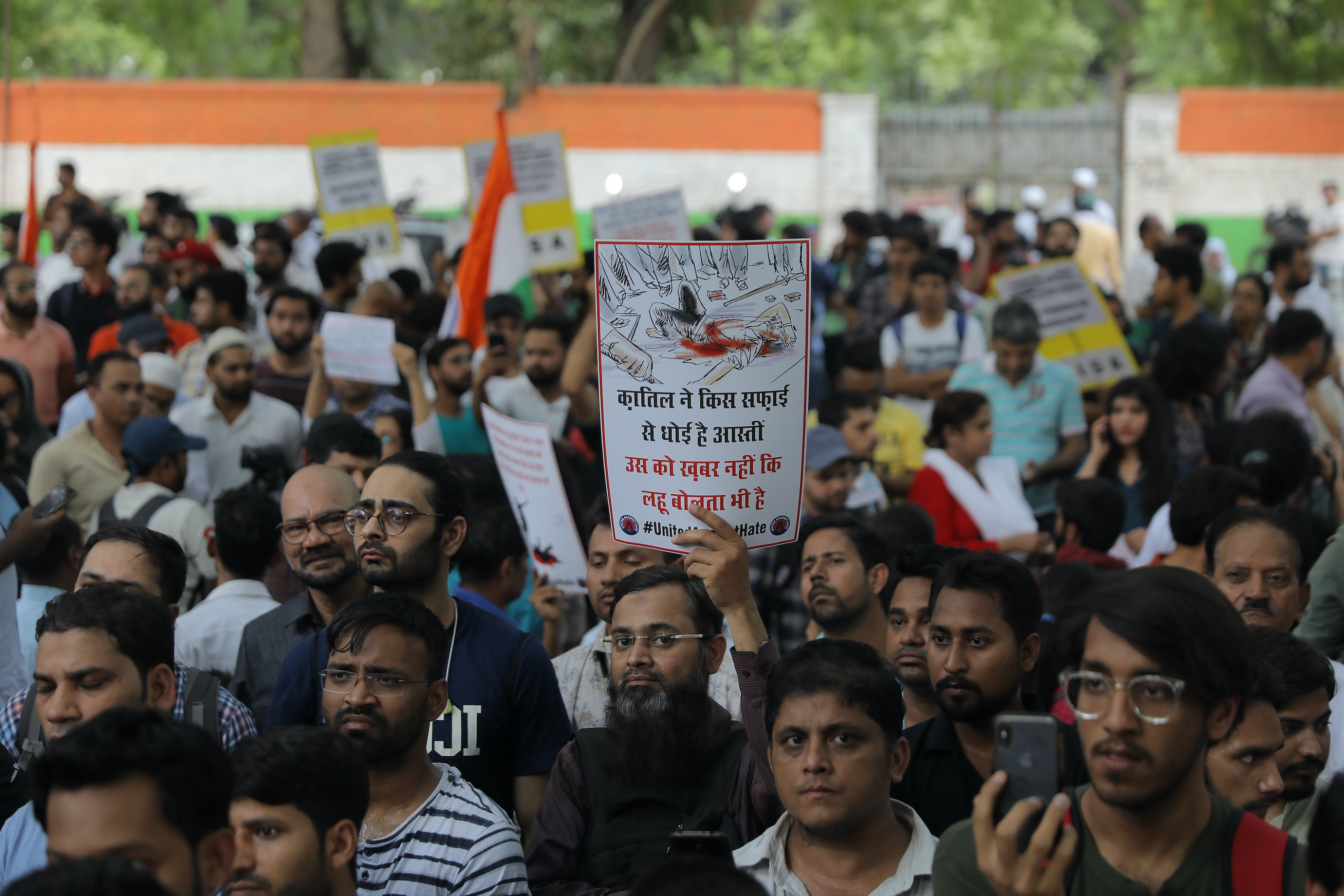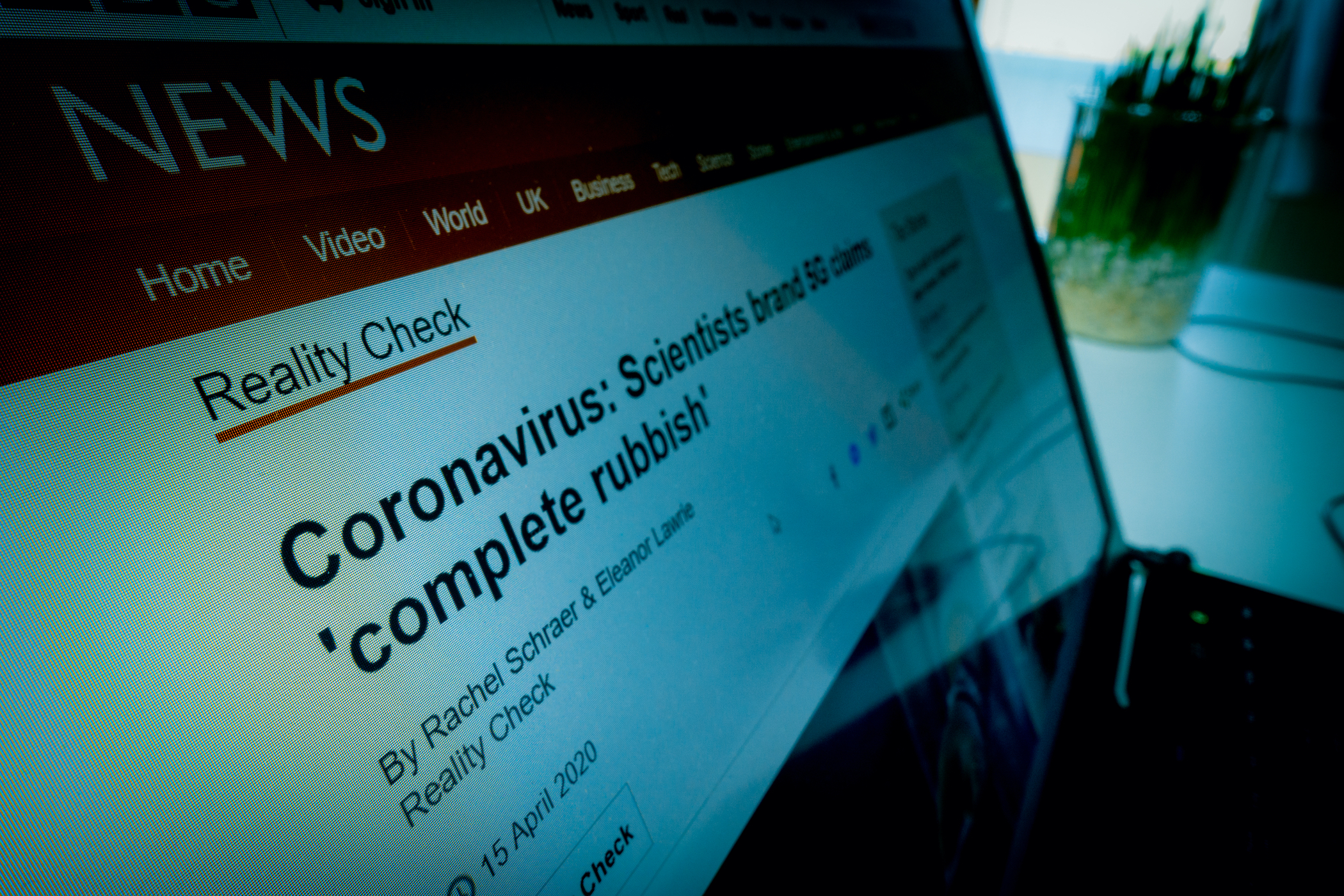Misinformation about climate change is an existential risk. When people are misled on that issue, it could have huge consequences for the future of the planet. So even though we're not talking about people dying from misinformation at the moment, in some ways, misinformation about climate change is actually one of the most dangerous kinds because it interferes with people's ability to correctly understand how we need to navigate the planet to try to preserve it.
There's a petition out there. It's a real website and it says: 30,000 scientists have signed this petition saying global warming isn't happening. What we found was that just exposing people to that website can have damaging consequences for people's perception of whether the science is settled on the issue of climate change and whether or not it's happening. But also, when we paired it with the facts, what happened was that that piece of misinformation completely cancelled out the facts. So, if we expose people to the facts about climate change, they update their beliefs in the right direction. But once you introduce this piece of misinformation, it completely neutralises the positive effect of facts. That was quite a shocking revelation.
In some of our other work, we've exposed people to videos about conspiracy theories on climate change. What we found was that just a 30-second video talking about how global warming is a hoax, with some sinister music in the background, not only made people less likely to think that there was a scientific consensus on the issue of global warming but also less likely to sign a global warming petition.
Fake news about climate change comes in various forms, but it can be very harmful for people's judgements and the actual decisions that they make on the issue.


